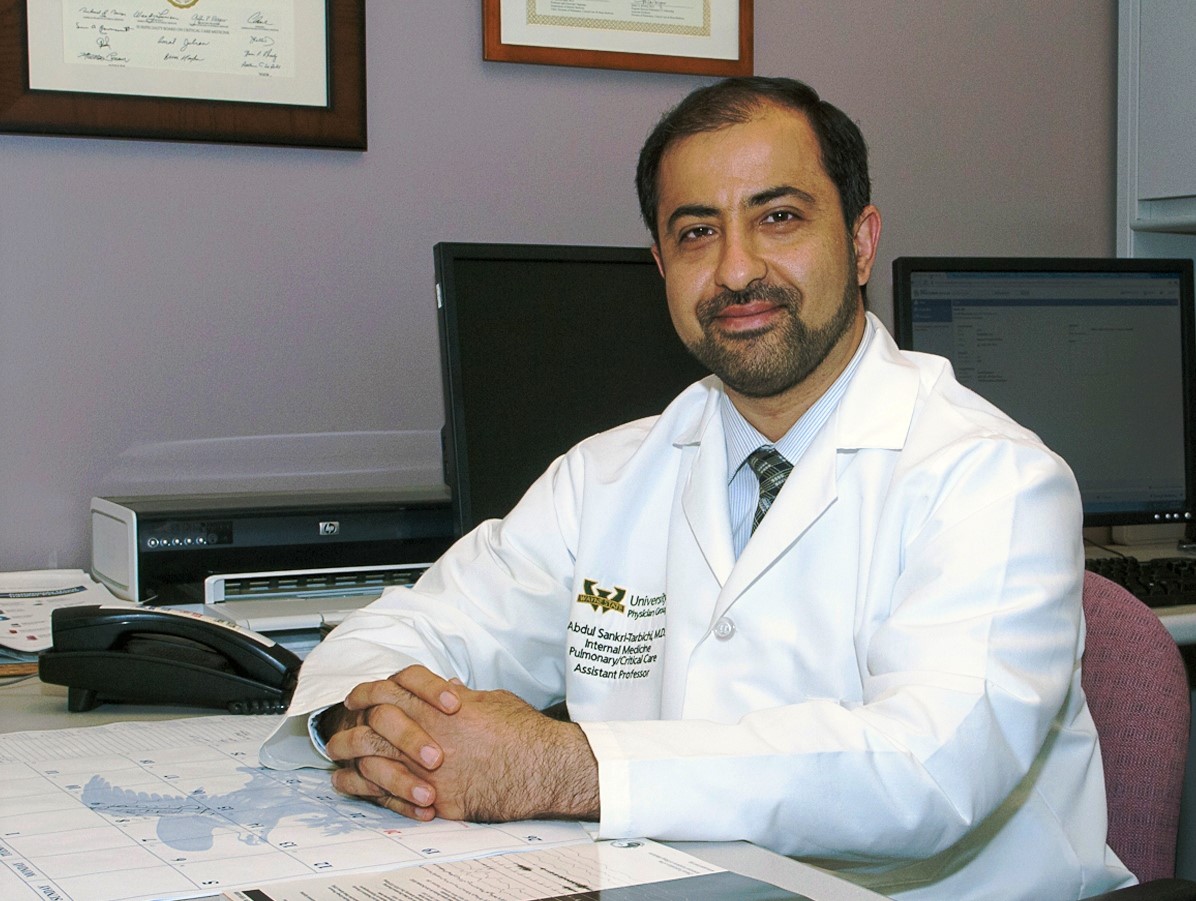The results of a new study led by a physician at the Wayne State University School of Medicine could arm clinicians with the ability to identify patients at high risk for adverse cardiovascular outcomes before they show any signs of heart disease.

Associate Professor of Internal Medicine Abdulghani Sankari, M.D., Ph.D., is the principal investigator on the study funded by the National Institutes of Health that used nocturnal single-lead ECG to detect heart rate accelerations. The study is the first of its kind to show that heart rate accelerations during sleep are associated with the development of cardiac events or mortality in a large community-based cohort over a period of 15 years who had no known heart disease at the time of their sleep study.
The novel method developed at the Detroit university can be translated into an executable program or a plug‐in for sleep scoring software and could be used in any sleep study across the world.
“In my two-decade career in human-oriented research this study is most important publication I have contributed to the scientific field today and I hope it will advance our knowledge and save lives in near future,” Dr. Sankari said, a member of WSU’s Division of Pulmonary, Critical Care and Sleep Medicine.
The researchers discovered that the relationship between the frequency of heart rate accelerations and cardiovascular disease/mortality remained significant despite adjustment for indices of sleep-disordered breathing, a condition characterized by recurrent sleep apnea and hypopnea.
The study looked at data from 569 people from the Wisconsin sleep cohort study (WSCS), one of the oldest community cohorts and most cited sleep studies in the world. Each participant did not have cardiovascular disease at the beginning of the study.
The cohort is often cited, but this is the first time the relationship between heart rate and long term cardiac outcome has been reported.
“This study is a secondary analysis of data obtained from the WSCS and reanalyzed in Detroit using a proprietary algorithm developed at WSU by my team,” Dr. Sankari said. “To date, more than 1,400 studies have been analyzed using this new automated ECG algorithm, pending patent, to detect heart rate accelerations and assess its effect on the incidence of cardiovascular diseases.”
The researchers want to conduct similar studies in southeast Michigan and especially Detroit, where the incidence of cardiovascular disease is higher than the national average, especially among racial minorities and African American residents.
“Such a study is unique as it allows early detection of heart disease using single-lead ECG. However, one of the limitations of WSCS is the lack of a diverse population in this mainly white cohort. Therefore, validation of such findings in other diverse cohorts will be necessary and are currently underway,” Dr. Sankari said.
The study was supported by the National Heart, Lung and Blood Institute under Award Number R21HL140447.
Dr. Sankari led a collaborative team at WSU and the University of Wisconsin at Madison that included epidemiologists, statisticians, computer programmers, and physiologists.
The scientific team also included Department of Internal Medicine Chair and Professor Safwan Badr, M.D.; WSCS Principal Investigator Paul Peppard, Ph.D., of the University of Wisconsin; WSU medical student Nawar Aljundi; and WSU School of Medicine alumnus Scott Maresh, along with research assistants, volunteers and collaborators.